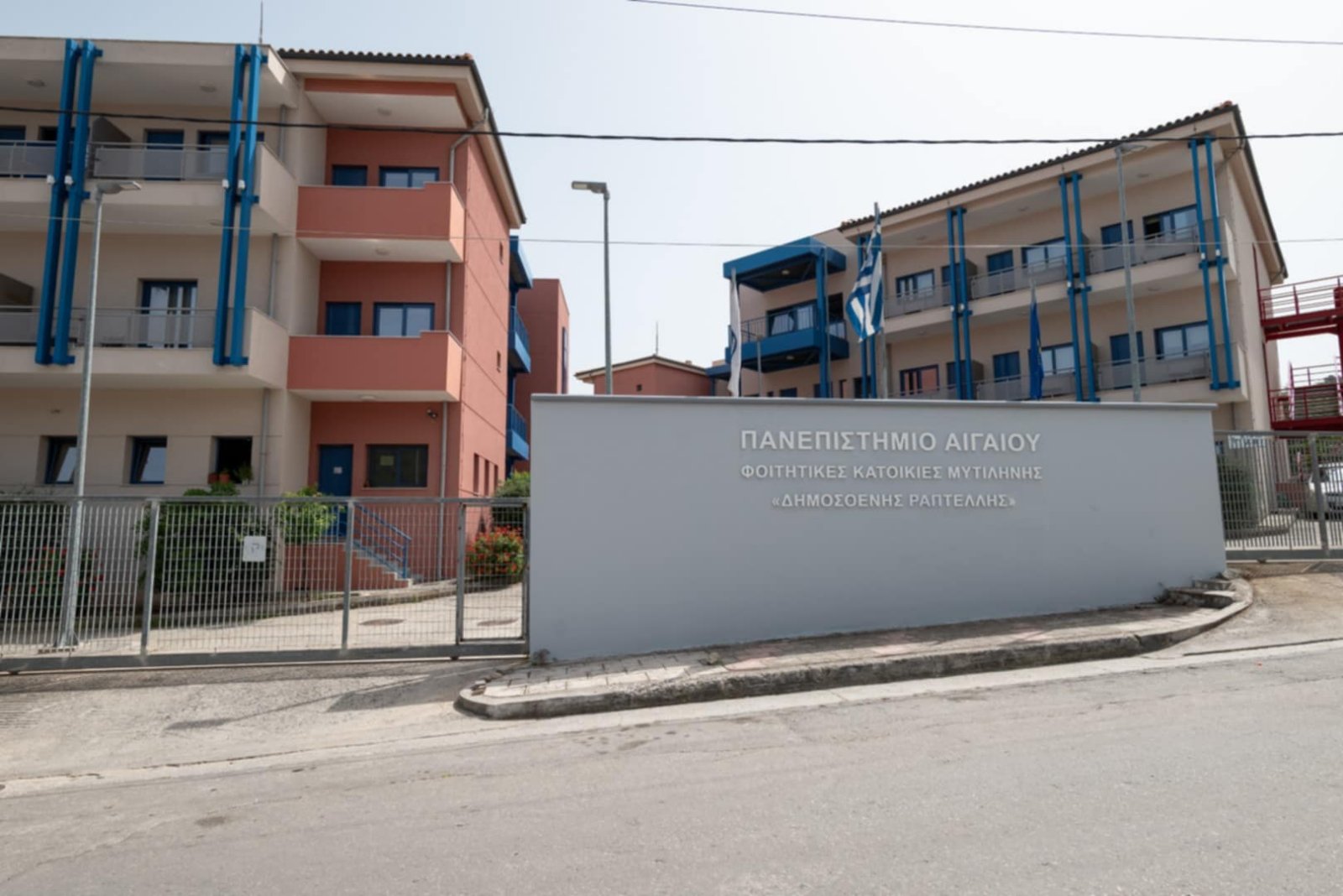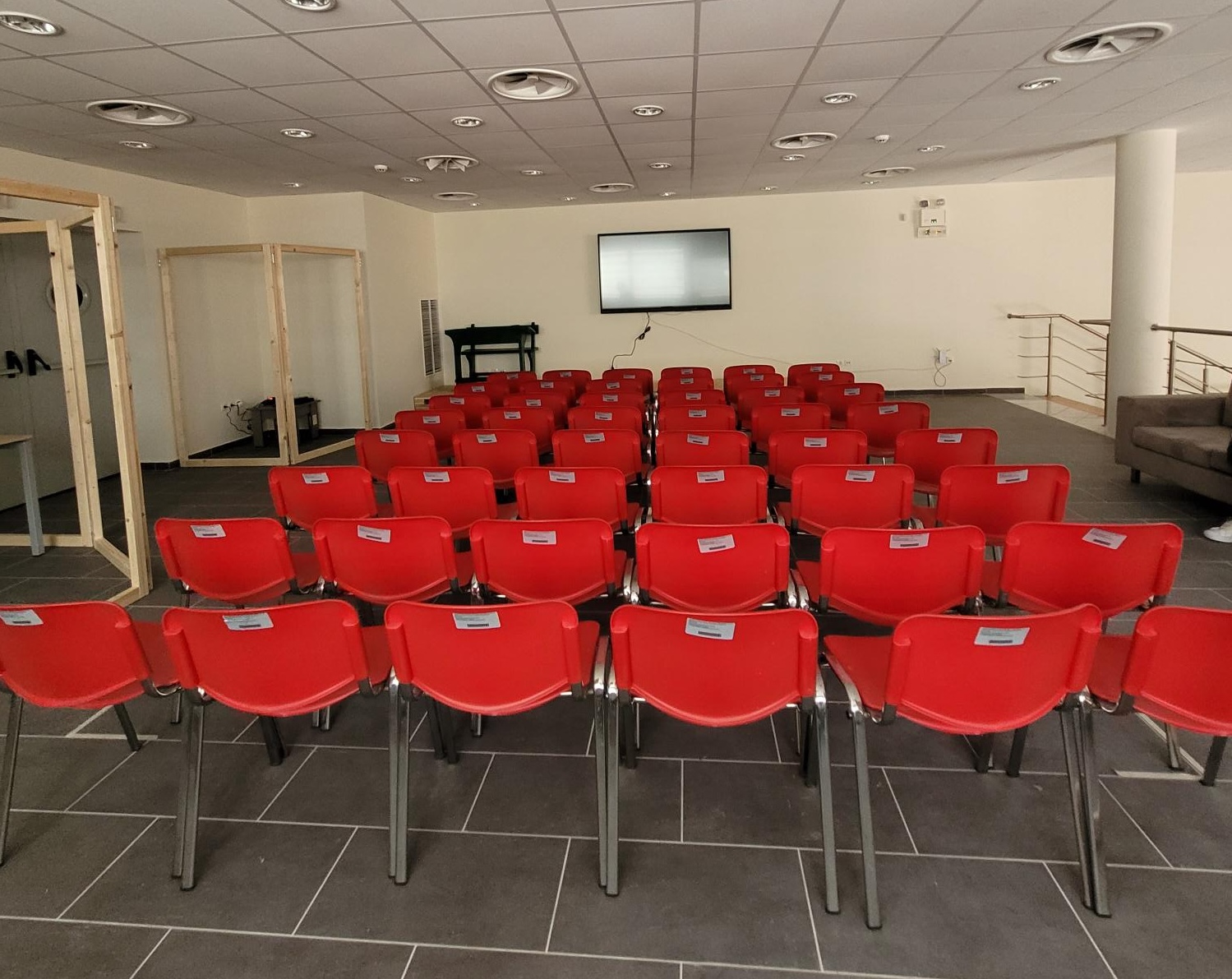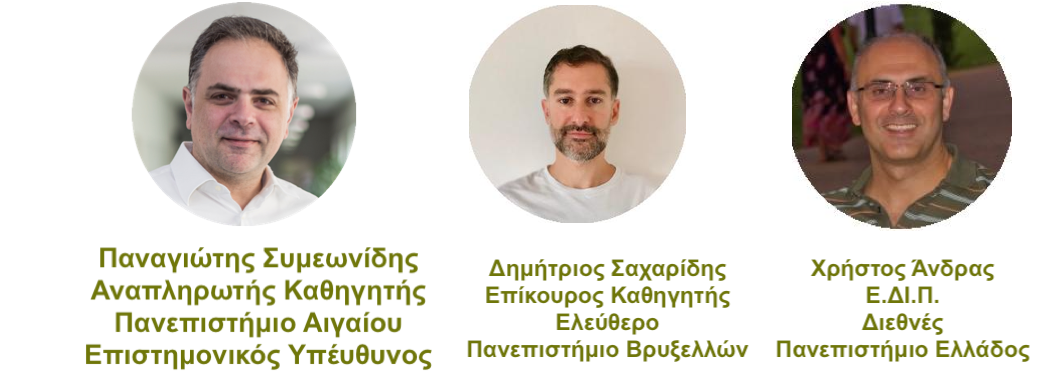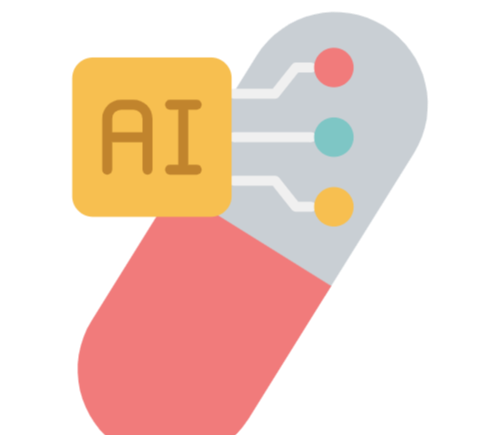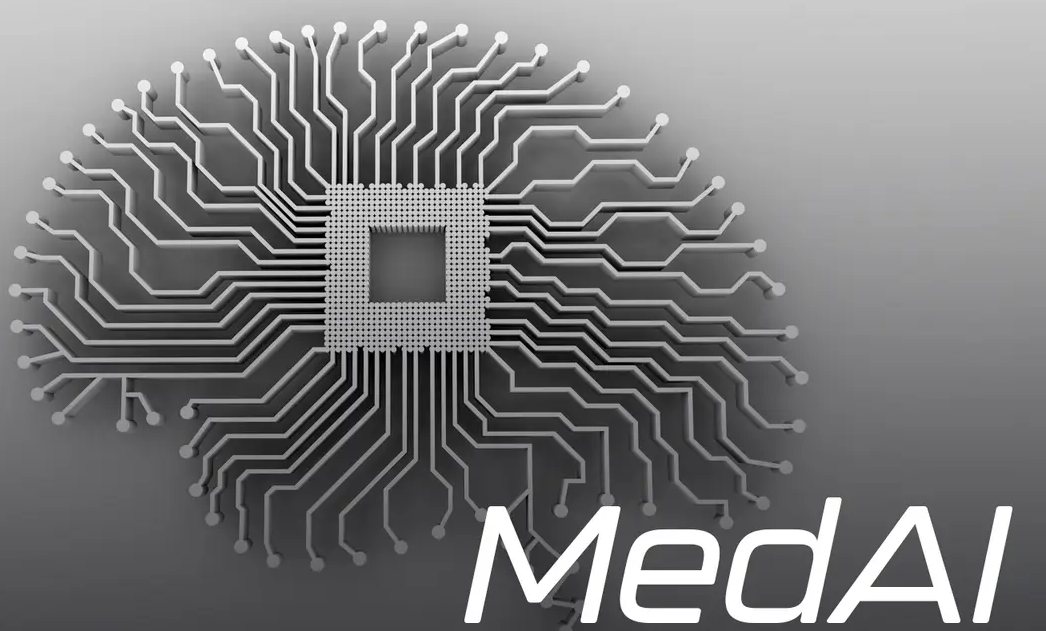ΣΑΒΒΑΤΟ 25 ΙΟΥΛΙΟΥ 2026
(08:30-9:15) Διδ. Ενότητα 1. Ζητήματα Ηθικής
της Εφαρμογής ΑΙ στην Ιατρική και Προστασία Ευαίσθητων Ιατρικών Δεδομένων.
a. Τεχνητή Nοημοσύνη και Hθικά Zητήματα της Eφαρμογής της στην Iατρική
i. Βασικές αρχές της βιοϊατρικής ηθικής
ii. Διαφάνεια, Δικαιοσύνη και Αμεροληψία ΑΙ
iii. Συναίνεση Ασθενούς στη Λήψη Κλινικών Αποφάσεων
iv. European Union Artificial Intelligence ACT
b.Προστασία των Ευαίσθητων Προσωπικών Δεδομένων των Ασθενών.
i. Anonymization Techniques
ii. Date shifting
iii. Format Conversion
iv. Generalization of data interactions
v. K-Anonymity
vi. Adding Noise in Data
vii. Loss of Information
viii. Differential Privacy.
13 SAMPLE Slides
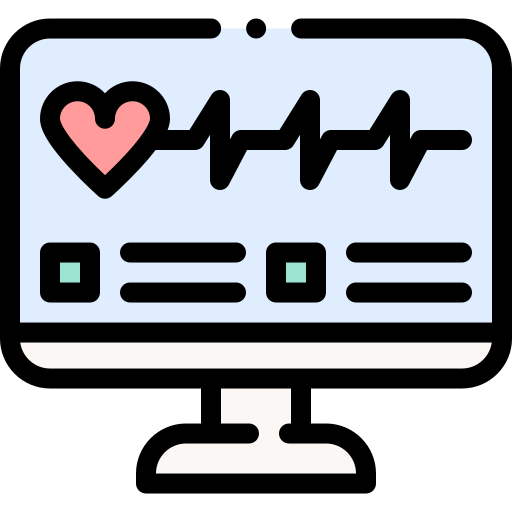
ΚΥΡΙΑΚΗ 26 ΙΟΥΛΙΟΥ 2026
(08:30-9:15) Διδ. Ενότητα 1. Αλγόριθμοι AI για την Αξιολόγηση Ιατρικών Δεδομένων και την Υποστήριξη Κλινικών Αποφάσεων.
a. Καινοτόμοι Αλγόριθμοι ΑΙ στην Βιοιατρική (π.χ. Alphafold)
b. Γραμμική παλινδρόμηση και Λογιστική παλινδρόμηση
c. Αλγόριθμος Decision Tree και Αλγόριθμος Random Forest
d. Αλγόριθμοι ΑΙ για Drug Re-purposing (π.χ. παλιά φάρμακα εναντίον COVID)
e. Βαθιά Ενισχυτική Μάθηση βάσει αλγορίθμων της DeepMind της Google
f. Βαθιά Νευρωνικά Δίκτυα (MLPs, CNNs, RNN, GCNs, etc.)
g. Εφαρμογή Αλγορίθμων AI για συνδυαστική αξιολόγηση κλινικών ευρημάτων και γενετικών χαρακτηριστικών (DNA) του ασθενους.
20 SAMPLE Slides
|
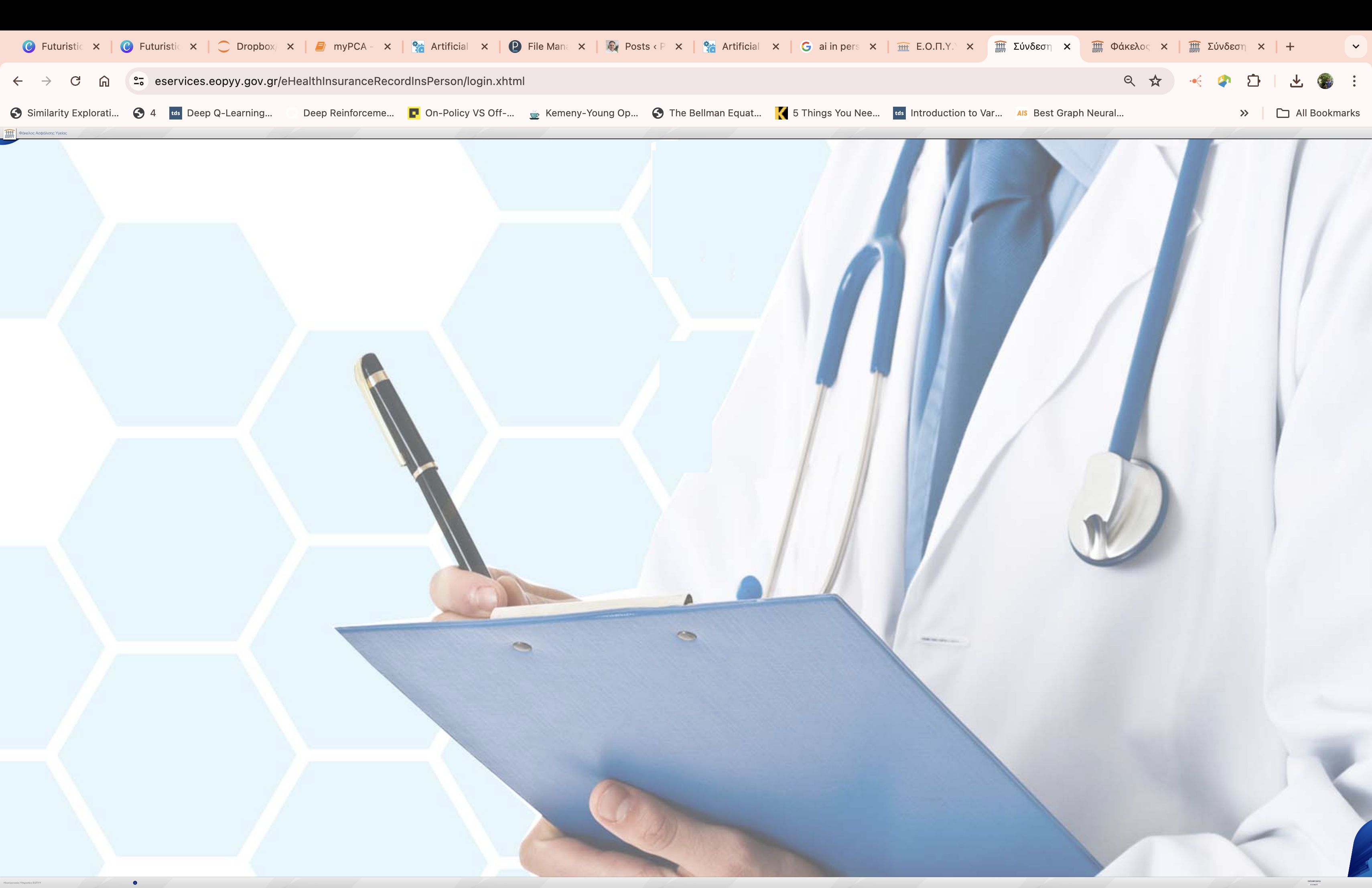
ΔΕΥΤΕΡΑ 27 ΙΟΥΛΙΟΥ 2026
(08:30-9:15) Διδ. Ενότητα
1. Κατάλληλα ChatGPT Prompts στην Ιατρική και Clustering of Medical Data
a. Τι είναι τα ChatGPT prompts και ποια η σημασία τους;
b. Βέλτιστες πρακτικές για την συγγραφή κατάλληλων ChatGPT prompts (παιχνίδι ρόλων)
c. Καθορισμός περιορισμών
d. ChatGPT prompts for after visit remedy generation based on Word/Excel data
e. Study of Several Different Clinical Cases along with the creation of adequate ChatGPT prompts
f. Clustering Algorithms
g. K-means
ii. Hierarchical Clustering
iii. DBSCAN
iv. BFR algorithm (Bradley, Fayyad, and Reina)
k. Programming Exercise with python for clustering with k-means algorithm the patients into groups of diabetes disease or not
15 SAMPLE Slides
|

ΤΡΙΤΗ 28 ΙΟΥΛΙΟΥ 2026
(08:30-9:15) Διδ. Ενότητα 1. Matrix Factorization for Health Data & ChatGPT για τον εντοπισμό ανεπιθύμητων παρενεργειών φαρμάκων
Use of ChatGPT for finding undesirable drug-drug interactions based on new medicine findings over Web
(i.e. DrugBank)
a. PCA decomposition
b. Singular Value Decomposition
c. UV-decomposition
d. CUR-decomposition
e. Tensor Decomposition
f. Programming Exercise with python to apply PCA to perform dimensionality reduction and bring into surface latent associations between drugs and unwanted side effects.
f. AI Software to apply PCA to perform dimensionality reduction and bring into surface latent associations between drugs and undesirable drug-drug interaction/side effects.
g. Demonstation of AI Software from https://storm.genie.stanford.edu/ for the automated generation of a review article based on PubMed publications.
14 SAMPLE Slides
|
(09:45-10:30) Διδ. Ενότητα 2. Χρήση του ChatGPT and AI
για την Αξιολόγηση Εικόνων και άλλων Ιατρικών Σημάτων
a. Convolution Neural Networks
I. CNN architecture
II. Pooling Layers
III. ResNet
b. Applications over different medical signals
i. Electrocardiogram ECG
c. Programming Exercise with python to apply image processing over CT scans and classify patients into COVID and non-COVID disease.
14 SAMPLE Slides
|
(09:45-10:30) Διδ. Ενότητα 2. Χρήση ChatGPT για τη σύνοψη ιατρικών δεδομένων και Deep Reinforcement Learning
a. Χρήση ChatGPT για την αξιολόγηση ηλεκτρονικού φακέλου υγείας (ΗΦΥ) ασθενούς
b. Markov Chain
c. Q-learning Algorithm
d. Deep Reinforcement Learning
i. Deep Q-Network
ii. Double Deep Q-Network/A2C
iii. Optimal Insulin Dose Prediction for Diabetes Patients
d. Παρουσίαση AI λογισμικού που προβλέπει την βέλτιστη δόση ινσουλίνης για ασθενή με διαβήτη με την χρήση ενός αλγορίθμου Deep Reinforcement Learning.
13 SAMPLE Slides
|
(09:45-10:30) Διδ. Ενότητα 2. Graph Algorithms
and Med Gemini της Google
a. Local based similarity algorithms
i. Shortest Path
ii. Common Neighbors,
iii.Jaccard similarity index,
iv. Salton similarity index,
v. Adamic & Adar similarity index,
vi. Preferential Attachement.
b. Demonstration of several examples of
complex clinical reasoning decision tasks, made using the Med Gemini
of Google.
e. ΑΙ software to predict drug
combinations to patients and explain the predictions using graph data (patient nodes, treatment node, drug node).
12 SAMPLE Slides
|
(09:45-10:30) Διδ. Ενότητα 2. Evaluation Metrics of Prediction models kαι Εφαρμογές Tεχνητής Nοημοσύνης στην Ιατρική
a. Ιατρική ακριβείας και Εξατομικευμένη Ιατρική
d. Εφαρμογές AI για τον υπολογισμό υδατανθράκων και πρόβλεψη πρόσθετης δόσης ινσουλίνης
(Diabetes, GlucoCalc, Abbott’s FreeStyle LibreLink, etc.)
e. Μετρικές Αποτίμησης Μοντέλων Πρόβλεψης
i. Confusion Matrix
ii. Precision, Recall, Roc curves and NDCG
iii. MAE, RMSE for Optimal Drug Dose Prediction
f. Explainability in Health
g. Demo of AI Software to recommend drug combinations to patients.
15 SAMPLE Slides
|
(09:45-10:30) Διδ. Ενότητα 2. Διαδίκτυο των Ιατρικών Συσκευών (Internet of Medical Things - IoMT)
a. Ψηφιοποιημένη καταγραφή καθημερινών ζωτικών ενδείξεων (μέτρηση κορεσμού οξυγόνου στο αίμα,
Αρτηριακή Πίεση, μέτρηση συστολικής και διαστολικής πίεσης, θερμοκρασία σώματος, καρδιακός
ρυθμός, Αναπνευστικός Ρυθμός, ECG, Glucose Continuous Monitoring, κτλ.) για παρακολούθηση και
έγκαιρη ειδοποίηση των γιατρών σε πραγματικό χρόνο και για την ανάλυση πολυμορφικών ιατρικών
δεδομένων που επιτρέπουν τεκμηριωμένη εξαγωγή ιατρικών συμπερασμάτων/γνωματεύσεων.
b. Wearables (Έξυπνα ρολόγια, Δαχτυλίδια, κτλ.)
i. Galaxy Ring of Samsung (Το δαχτυλίδι της Samsung για την καθημερινή μέτρηση ζωτικών ενδείξεων)
ii. Medtronic glucose sensor for Continuous Glucose Monitoring (CGM).
c. 'Αλλες Έξυπνες ιατρικές συσκευές.
d. Application of AI algorithms over medical progress notes.
e ChatGPT and Retrieval Augmented Generation
f. Demo of AI software to send the electronic health record of a patient to ChatGPT API and get a possible therapeutic prediction based on the given vital signs.
15 SAMPLE Slides
|
(10:45-11:30) Διδ. Ενότητα 3. Machine learning algorithms for Image Processing and other complex medical signals
a. Applications over different medical signals
i. Magnetic Resonance Imaging (MRI)
ii. Computed Tomography Scan
b. Support Vector machines
I. Finding Optimal Separators with Gradient Descent
II. Hard and Soft SVMs
d. Programming Exercise with python to apply image processing over CT scans and classify patients into COVID and non-COVID disease.
9 SAMPLE Slides
Python code in Google Colab
|
(10:45-11:30) Διδ. Ενότητα 3. Deep Neural Nets
a. Multi-layer perceptron
i. Activation Functions
ii. Loss Functions
iii. Regression Loss
iv. Classification Loss
b. Recurrent Neural Networks
i. Vanishing and Exploding Gradients
ii. Long Sort Term Memory LSTM
d. Programming Exercise with Python to predict the optimal insulin dose for patient with diabetes using tabular Q-learning algorithm.
<10 SAMPLE Slides
Python code in Google Colab
|
(10:45-11:30) Διδ. Ενότητα 3. Medical Graph Data algorithms
a. Global-based algorithms
i. Random Walk with Restart
ii. SimRank
iii. PathSim
b. Graph Convolution networks
c. Graph Embeddings
d. Programming Exercise with Python to predict drug combinations to patients and explain the predictions using graph data (patient nodes, treatment node, drug node).
10 SAMPLE Slides
Python code in Google Colab
|
(10:45-11:30) Διδ. Ενότητα 3. Transformers, Large Language Models, and ChatGPT
1.1 Transformers
1.2 Attention and Seif-Attention
1.3 Multi-head Attention
1.4 Positional Encoding
1.5 Large Language Models and ChatGPT
1.6 Encoder Transformers
1.7 Decoder Transformers
1.8 Encoder and Decoder Transformers
1.9 Multi-model Transformers and Google's Med Gemini
1.10 Explainability in Health
1.11 Programming Exercise with Python to recommend drug combinations to patients and measure quantitatively the predictions along with the unwanted side effects they have.
Python code in Google Colab
|
(10:45-11:30) Διδ. Ενότητα 3. New Trends and Apps in Health Care
i. Smart Medical Watches
ii. Smart Medical Devices.
b. Large Language Models, and Prompt Engineering
i. Application of AI algorithms over medical progress notes.
ii. Vector space model and TF-IDF
iii ChatGPT and RAG
iv. Bag of words and Tokenization
v. Word Embedding, Word2Vec and skip-grams approaches
vi. Decision Tree Classifier
vii. Feature Selection
viii. Naive Bayes Classifier
c. Programming Exercise with Python to send the electronic health record of a patient to ChatGPT API using a prompt request (prompt engineering) and get a possible therapeutic prediction based on the given vital signs.
10 SAMPLE Slides
|
|
(11:30 - : ) Ομάδες Εργασίες για την αντιμετώπιση μιας μελέτης περίπτωσης ασθενούς.
Θα δίνονται ανά ομάδα εργασίας όλα τα ιατρικά δεδομένα ενός ασθενούς (lab tests, progress notes, medical interventions, prescriptions, CT scans, ECGs, EEGs, κτλ.) και με την χρήση τεχνικών ΑΙ θα ζητείται η αιτιολογημένη διάγνωση και η δημιουργία κατάλληλου θεραπευτικού πλάνου.
(Προαιρετική συμμετοχή) |
(11:30 - : ) Ομάδες Εργασίες για την αντιμετώπιση μιας μελέτης περίπτωσης ασθενούς.
Θα δίνονται ανά ομάδα εργασίας όλα τα ιατρικά δεδομένα ενός ασθενούς (lab tests, progress notes, medical interventions, prescriptions, CT scans, ECGs, EEGs, κτλ.) και με την χρήση τεχνικών ΑΙ θα ζητείται η αιτιολογημένη διάγνωση και η δημιουργία κατάλληλου θεραπευτικού πλάνου.
(Προαιρετική συμμετοχή) |
(11:30 - : ) Ομάδες Εργασίες Συναφών Ειδικοτήτων για την αντιμετώπιση μιας μελέτης περίπτωσης ασθενούς.
Θα δίνονται ανά ομάδα εργασίας όλα τα ιατρικά δεδομένα ενός ασθενούς (lab tests, progress notes, medical interventions, prescriptions, CT scans, ECGs, EEGs, κτλ.) και με την χρήση τεχνικών ΑΙ θα ζητείται η αιτιολογημένη διάγνωση και η δημιουργία κατάλληλου θεραπευτικού πλάνου.
(Προαιρετική συμμετοχή)
|
(11:30 - : ) Ομάδες Εργασίες Συναφών Ειδικοτήτων για την αντιμετώπιση μιας μελέτης περίπτωσης ασθενούς.
Θα δίνονται ανά ομάδα εργασίας όλα τα ιατρικά δεδομένα ενός ασθενούς (lab tests, progress notes, medical interventions, prescriptions, CT scans, ECGs, EEGs, κτλ.) και με την χρήση τεχνικών ΑΙ θα ζητείται η αιτιολογημένη διάγνωση και η δημιουργία κατάλληλου θεραπευτικού πλάνου.
(Προαιρετική συμμετοχή) |
(11:30 - : ) Ομάδες Εργασίες Συναφών Ειδικοτήτων για την αντιμετώπιση μιας μελέτης περίπτωσης ασθενούς.
Θα δίνονται ανά ομάδα εργασίας όλα τα ιατρικά δεδομένα ενός ασθενούς (lab tests, progress notes, medical interventions, prescriptions, CT scans, ECGs, EEGs, κτλ.) και με την χρήση τεχνικών ΑΙ θα ζητείται η αιτιολογημένη διάγνωση και η δημιουργία κατάλληλου θεραπευτικού πλάνου.
(Προαιρετική συμμετοχή) |
